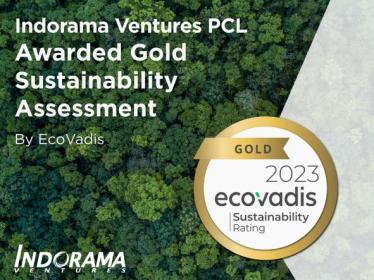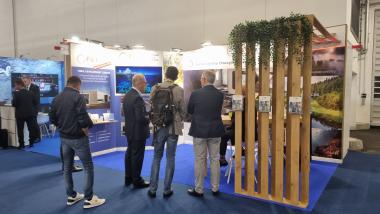Recycling Atelier Augsburg and Kelheim Fibres cooperate
Kelheim Fibres, a leading manufacturer of viscose speciality fibres, has joined Recycling Atelier Augsburg. Recycling Atelier Augsburg is a unique centre for research and development in the field of textile recycling. It is located at the Institut für Textiltechnik Augsburg an affiliated institute of Augsburg University of Applied Sciences. The two institutions founded the Recycling Atelier in June 2022 together with twelve partners from the German textile industry.
In the Recycling Atelier, the focus is on the triad of technical and ecological sense as well as economic benefit. In this way, the partners of the Recycling Atelier are standing up against fast fashion, outsourced corporate responsibility and a general decline in raw material quality, which often fuels downcycling - the low-quality reuse - of materials.
As a model factory, the Recycling Atelier Augsburg combines the most important processes of textile recycling and offers holistic and comprehensive research along the value chain," explains Georg Stegschuster, head of the Recycling Atelier Augsburg. The scientists research on all process steps of textile recycling: from material analysis to sorting, preparation and textile processing to sustainable product design. Comprehensive data collection and the use of artificial intelligence as well as innovative materials play a central role.
Kelheim Fibres is a producer of high-quality viscose fibres, which consist of cellulose, the main component of the renewable raw material wood, and are used worldwide for products in areas such as hygiene, textiles, and technical applications.
"In New Business Development as well as Fibre and Application Development, we follow the Open Innovation concept - the cooperation with the Recycling Atelier offers us an ideal platform for this. Here we work with partners to advance sustainability and performance," explains Maik Thiel, project manager at Kelheim Fibres.
Recycled cotton fibres are often very short or of uneven length, which makes further processing of 100 % recycled material a challenge. Adding speciality fibres from Kelheim Fibres should enable the production of high-quality new products, such as nonwovens. In the future, the fibres provided by Kelheim Fibres will also be made from recycled pulp.
Kelheim Fibres GmbH































